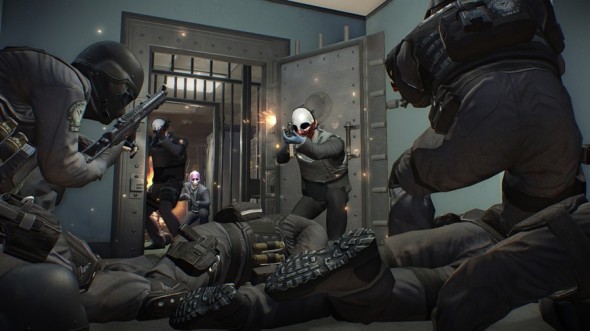Along with the growing popularity of video games comes the perception of other people of it being a total waste of time and effort. You will often encounter parents whining about how their children refuse to study and do chores and just download games and play them all the time. They say that the lives of their children revolve around the virtual world. Nonetheless, researches that were recently conducted prove a lot of benefits of gaming.
Gaming in recent years has been taken to an entirely new level, with the introduction of Wii Fit we see machines helping the elderly with mobility, keeping individuals entertained, while active.
For many games, moderated play has been known to help children diagnose with ADHD to better focus on a single task. It also allows the children’s minds to relax and enter a more stable, tranquil state than normal without the use of medication. The state seems to be related to the focus of achieving some goal or objective in the game, giving the child something to focus on for far longer than they normally would.
It has also been discovered that ADHD patients are able to quickly recuperate than when given medication; at times the latter negatively affects the body. Patients also had an increase in attention span, intellect levels and there has also been neurological feedback from the tests conducted.
Several video games out there, similar to chess, also require a serious ability to plan strategically, examine all possible solutions and then eventually choose the most effective one. Games like chess and Sudoku are believed to be some of the best cognitive enhancing activities a person can play. In other words, they serve as mental workouts. With that in mind, many modern games, even those “shoot ‘em up” ones are created in order to promote neurological function, memory, logic, cognition, and intellectual capacity.
A few video games in the market, like chess, needs the ability to strategically plan, evaluate possible solutions and then in the end, decide on the best one. Popular games like chess and Sudoku are said to be some of the most effective games that can hone cognitive thinking. This means that they’re like mental exercises. Keeping in line with the same concept, most games nowadays, including those “shoot ‘em up” ones are made to exercise neurological function, memory, logic, cognition, and intellectual capacity.
Completing some games can be very challenging by their very nature, which can give players a sense of achievement in making progress. The industry is laden with examples of games that have become hits simply because they managed to motivate people to play for longer hours to achieve some in-game goal. In theory, this sort of mentality can be applied to real life, provided those people can be convinced to put that much effort, creativity, skill, and thought into real-life goals and objectives.





